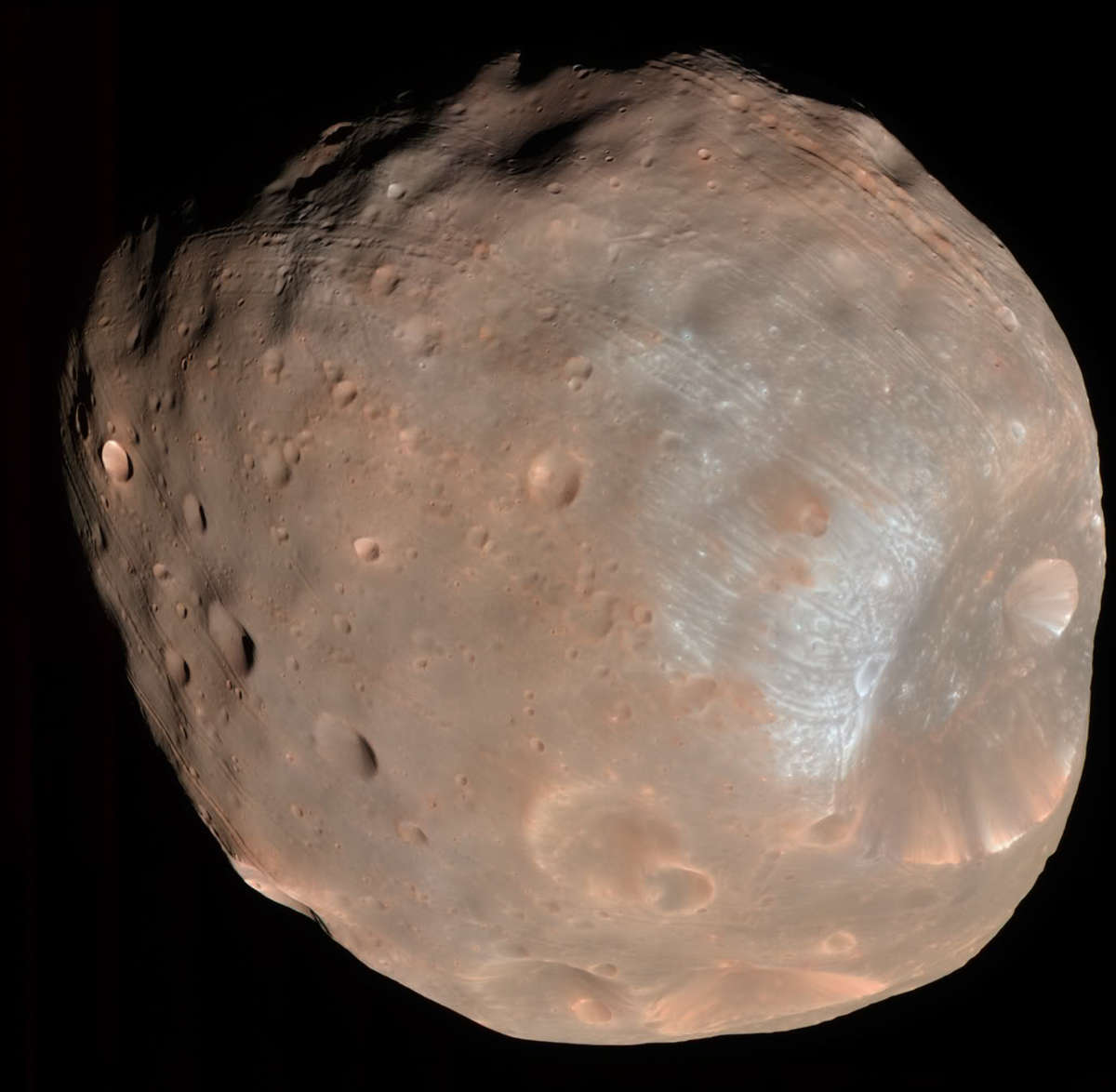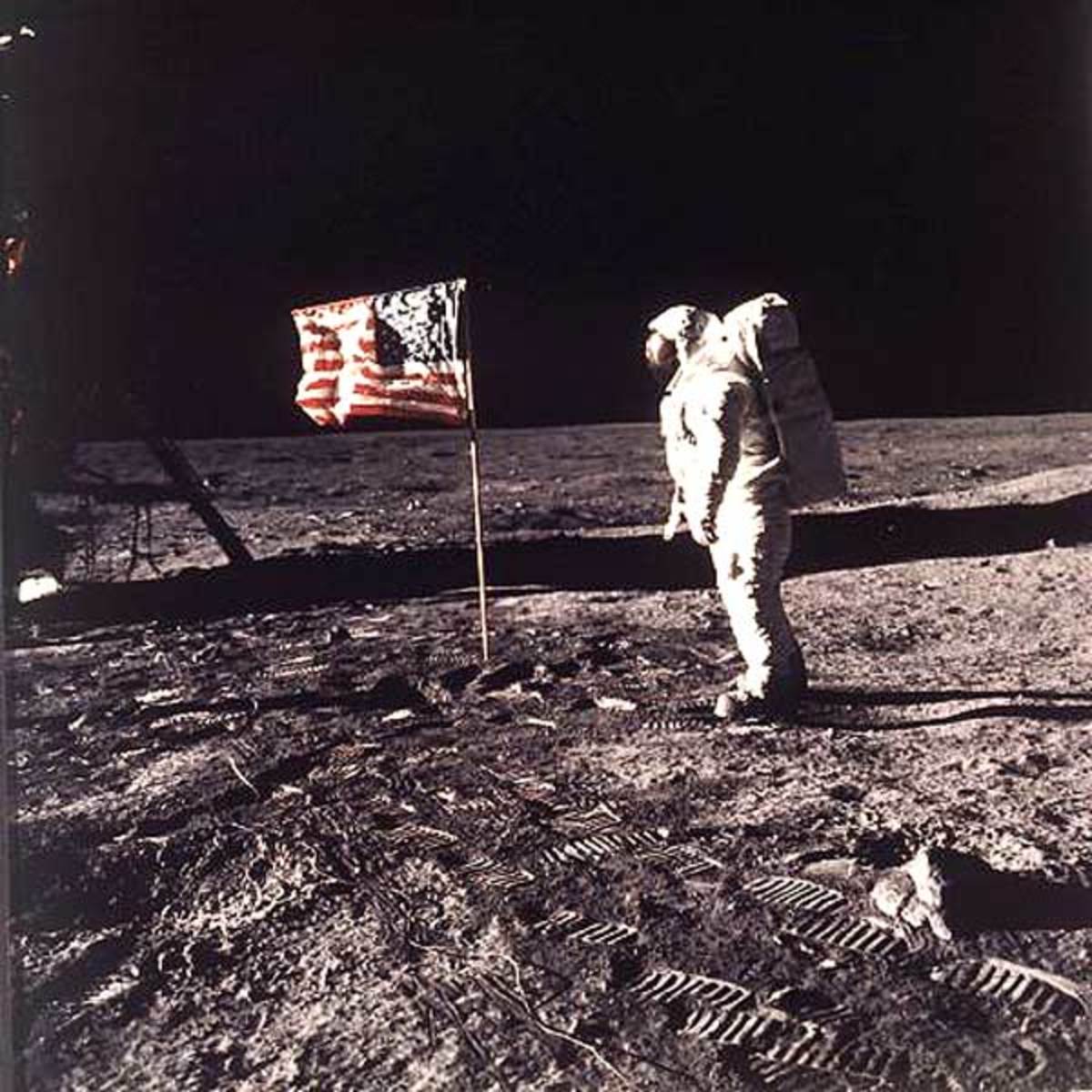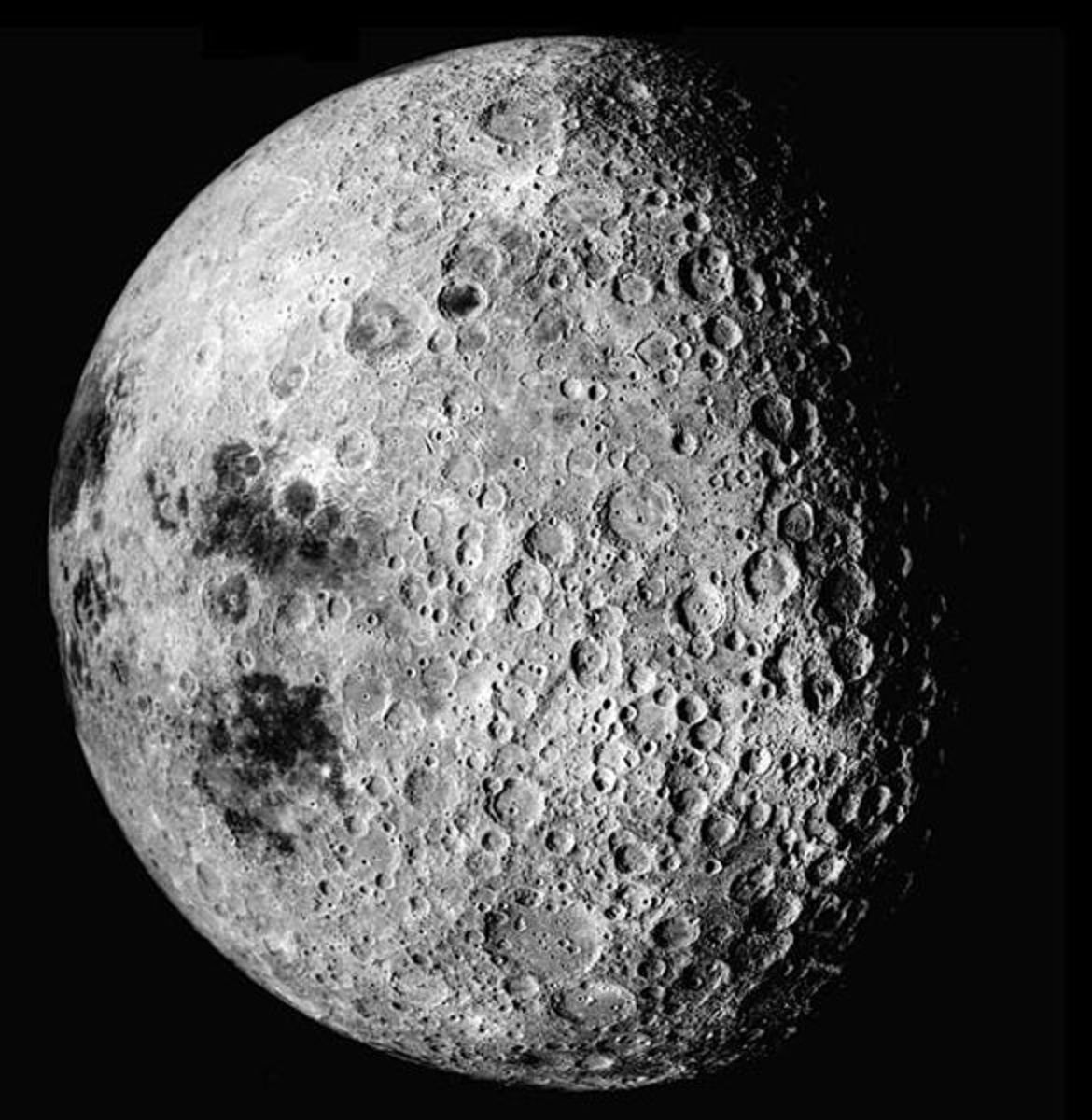Deception in the Space Industry?

NASA Announces Return to the Moon
Late last year, NASA officially announced that it would soon be returning mankind to the moon, this time to stay. This announcement comes almost 50 years after the last person stepped foot on the lunar surface, and came as a total surprise to everyone who was paying attention. Despite the big news, however, some were disappointed. What happened to Mars? Recently, all the news has been about companies and organizations trying to make that push to get man onto the Red Planet. Needless to say, some die-hard mars fans felt betrayed. I had to wonder, why was that?
Where's This Coming From?
My interest in space started at a very young age, when my dad showed me a live feed of a rocket taking off. This rocket wasn’t anything too special, it’s only goal was to launch a couple satellites into orbit around Earth. While it might not have been as interesting as men on the moon, it was still the coolest thing I’d ever seen. There’s something entrancing about the size of the rocket, the flames, and everything about the launch. The sheer scale of everything involved is amazing to witness. Ever since then, I knew what I wanted to do for my career. I wanted to be a part of this almost magical experience. With this determination came a fascination for any news related to space exploration, scientific discoveries, and what was planned for mankind’s future.
I am among the many people who are constantly waiting for news from Elon Musk’s SpaceX, or Jeff Bezos’s Blue Origins, about progress on their missions to outer space. However, progress is slow, and dates keep getting pushed back, which pinpoints the minor deception that these companies use against the general public. With the constant advertising, the constant promising, and the constant excitement, people tend to think that not only will we be on Mars soon, but that it is the next logical step for humanity. Admittedly, I’ve fallen victim to it a couple times as well. Musk can sound so sure of things at times that it proves difficult for my mind to refute what he says right away. He once had a timeline in which he would have men on the Red Planet by 2018. Obviously, that never happened. He then said 2020. Now it’s 2023-2025, but upon reflection, I expect it to continue falling to even later dates.

The Reality of the Situation
The reality is almost the polar opposite. Not only are we far from ready to visit Mars, but there are a ton of things that must come first. SpaceX is only starting to test aspects of the rocket for their Interplanetary Transport System this year, and they have yet to even develop boosters for it. NASA estimates that humans won’t even be able to orbit Mars until 2033, and only set foot on it years later. The companies that are on the frontier of this expedition don’t publicize this as much, in order to keep people invested. I believe that this is misleading, and that Musk, Branson, and those others in the business should be more honest and clear with the people who do not truly understand the scope of what they are trying to do. But why does the general public go along with it so easily? I’ve found that people are more likely to talk about things they find exciting and interesting, instead of something that doesn’t impact them for another 20 years. Upon searching for a solution, I realized there isn’t one. No matter what, people will be interested in the cool, science fiction-like daydreams of billionaires. The times that I have pointed out the reality of the situation, most people tended not to care. The most common argument is usually that “if anyone can do it, it would be them”. While I admit there is some truth to this, I still find it hard to believe any timeline the CEO’s and top executives of any space companies when they give timelines of their progress.
The Reality of the Situation
People are more likely to talk about things they find exciting and interesting, instead of something that doesn't impact them for another 20 years.
What's Wrong with the Moon?
Those familiar with the field know this, and were unsurprised when NASA announced its return to the moon. Mars is a very far way away, so the truly logical next step would be testing the technology on somewhere relatively close, such as the moon. This leads to another strong point of interest. Why is that not as exciting? When did the moon become boring? NASA seems to be the only organization that is focused on it and willing to admit it. The logic behind “humanity has already been there, we want to go somewhere new” is lost on me. The concept is still the same, the technology is still advancing, and the journey is no less dangerous.
My interest in space has not declined since making the connection of how long it would actually take before we put Mankind on Mars. In fact, my devotion to the subject has increased as I realized that given the timeframe, I have the opportunity of contributing directly to the effort. I know that the process is long and tedious, so I hope to pull my weight and speed up the process. However, I also think that I have come to understand why the companies are so willing to fool the public. If society thinks Mars is on the horizon, they have something to look forward to. With something to look forward to, everyone will continue to look at space exploration in a positive light, and the future of the industry will continue to inspire others, like me, to learn and explore with them.








